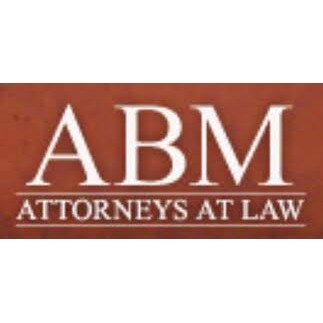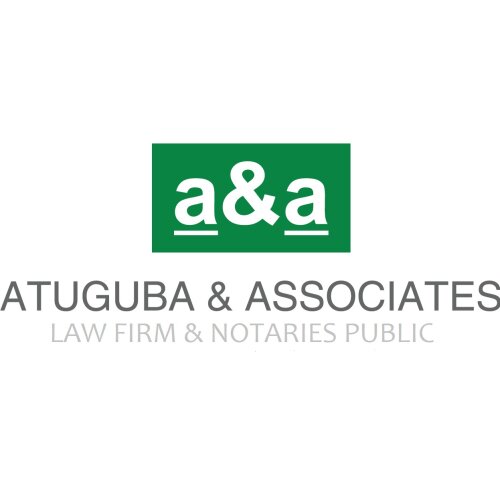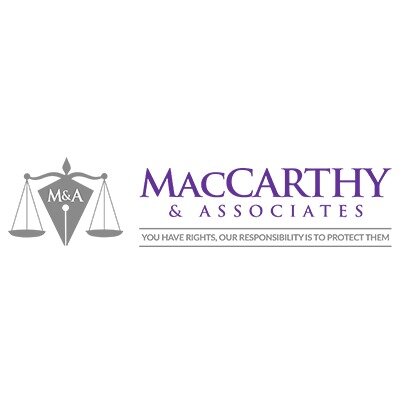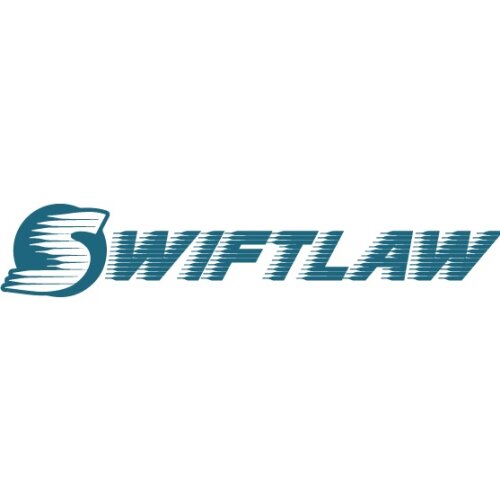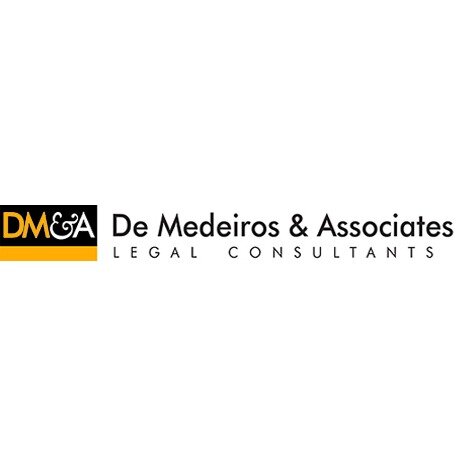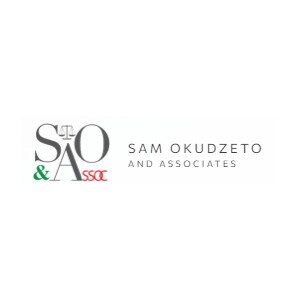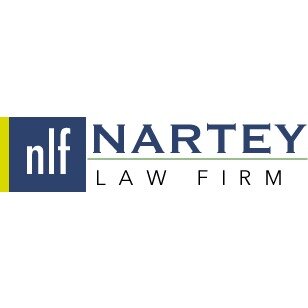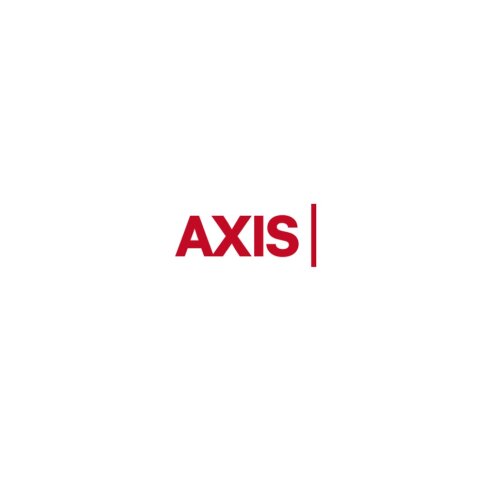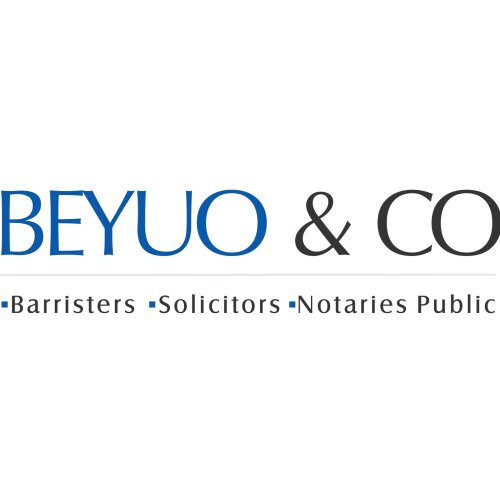Best Copyright Lawyers in Ghana
Share your needs with us, get contacted by law firms.
Free. Takes 2 min.
Or refine your search by selecting a city:
List of the best lawyers in Ghana
About Copyright Law in Ghana
Copyright law in Ghana is designed to protect the creative works of individuals and organizations by granting them exclusive rights over the use of their creations. Ghana's copyright laws are governed by the Copyright Act, 2005 (Act 690), which outlines the legal framework for the protection of artistic works, literary works, audiovisual productions, and more. The law ensures that creators have the right to financial benefits and control over the use of their works, which helps to foster creativity and innovation in the country.
Why You May Need a Lawyer
There are several situations where individuals or businesses in Ghana may require legal assistance concerning copyright matters:
- Creating a Copyright Work: Navigating legal procedures to ensure your creations are protected can be complex.
- Copyright Infringement: If your rights have been violated, legal support is crucial to seek remedies and compensation.
- Licensing and Permissions: Understanding the finer details of contracts and agreements requires professional legal input.
- Disputes Resolution: In cases of disputes between parties over copyright rights, a lawyer can provide representation and negotiation support.
- Transfer of Copyright: Proper legal guidance is necessary to transfer or sell copyright ownership legally and effectively.
Local Laws Overview
The Copyright Act, 2005 (Act 690) is the primary legislation governing copyright in Ghana. Key aspects of this law include:
- Protected Works: The Act covers literary works, musical works, artistic works, cinematographic works, sound recordings, broadcasts, and more.
- Duration of Protection: Generally, copyright protection in Ghana lasts for the lifetime of the author plus 70 years posthumously.
- Infringement Penalties: Infringement of copyright can lead to civil liabilities and criminal sanctions, including fines and imprisonment.
- Fair Use Exceptions: Certain uses of copyrighted material without permission are allowed under specific conditions, such as private study, research, and criticism.
Frequently Asked Questions
What types of works are eligible for copyright protection in Ghana?
Eligible works include literary, musical, and artistic works, cinematographic films, sound recordings, and broadcasts.
How does one register a copyright in Ghana?
While copyright is automatic upon creation, registration with the Copyright Office offers additional legal benefits and is advisable for enforcement purposes.
What constitutes copyright infringement in Ghana?
Unauthorized use of a copyrighted work in a manner reserved for the copyright holder, such as reproduction and distribution, constitutes infringement.
Can a copyright be sold or transferred in Ghana?
Yes, copyrights can be transferred wholly or partially through a formal agreement between the parties involved.
What is the penalty for copyright infringement in Ghana?
Penalties include fines and potential imprisonment, depending on the severity and circumstances of the infringement.
Is there a fair use doctrine in Ghana's copyright law?
Yes, certain uses like criticism, review, or teaching qualify as fair use where specific conditions are met.
How long does copyright last in Ghana?
Generally, the duration is the creator's lifetime plus 70 years after death, but this varies with the type of work.
Do international works receive copyright protection in Ghana?
Yes, international works are protected in Ghana via various international copyright treaties and conventions that Ghana is party to.
What is a licensing agreement in the context of copyright?
It's a contract where the copyright owner permits another party to use the work under stipulated terms and conditions.
How can a copyright dispute be resolved?
Disputes can be resolved through negotiation, mediation, or the court system, with legal representation often being necessary.
Additional Resources
For more information or assistance regarding copyright laws in Ghana, the following resources may be of help:
- Copyright Office of Ghana: They provide official guidance and registration services for copyright-related matters.
- The Ghana Association of Writers: Offers support and advocacy for creators
- Intellectual Property Office (IPO) of Ghana: A governmental body overseeing intellectual property rights including copyright.
- Legal Aid Commission: Offers legal assistance to those who may not afford private legal services.
Next Steps
If you need legal assistance with copyright issues in Ghana, consider the following steps:
- Identify the nature of your legal need, whether it's infringement, registration, or another issue.
- Consult with legal professionals specializing in copyright law for advice tailored to your situation.
- Explore the possibility of resolving disputes through mediation before pursuing litigation.
- Utilize resources like the Copyright Office and Legal Aid Commission for guidance and support.
- Stay informed about updates in copyright law that may affect your rights or obligations.
Lawzana helps you find the best lawyers and law firms in Ghana through a curated and pre-screened list of qualified legal professionals. Our platform offers rankings and detailed profiles of attorneys and law firms, allowing you to compare based on practice areas, including Copyright, experience, and client feedback.
Each profile includes a description of the firm's areas of practice, client reviews, team members and partners, year of establishment, spoken languages, office locations, contact information, social media presence, and any published articles or resources. Most firms on our platform speak English and are experienced in both local and international legal matters.
Get a quote from top-rated law firms in Ghana — quickly, securely, and without unnecessary hassle.
Disclaimer:
The information provided on this page is for general informational purposes only and does not constitute legal advice. While we strive to ensure the accuracy and relevance of the content, legal information may change over time, and interpretations of the law can vary. You should always consult with a qualified legal professional for advice specific to your situation.
We disclaim all liability for actions taken or not taken based on the content of this page. If you believe any information is incorrect or outdated, please contact us, and we will review and update it where appropriate.
Browse copyright law firms by city in Ghana
Refine your search by selecting a city.



